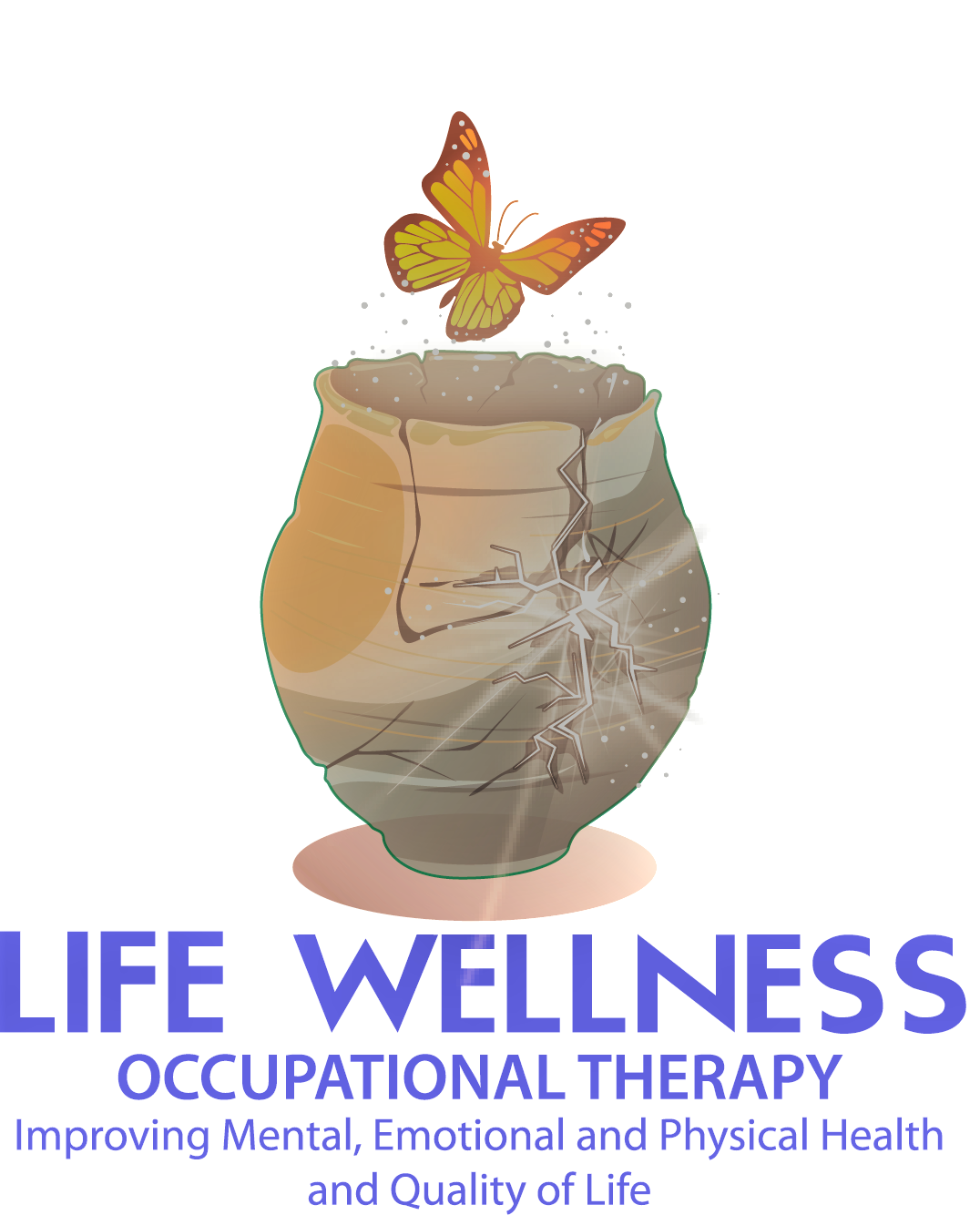Studies show that the power of acceptance coupled with mindful positive reflection and concentration improves positive emotional responses to life’s stressors.

Acceptance
Acceptance is being willing to acknowledge what is or what happened without denying it or resisting the current state of events. Acceptance not only helps to reduce the impact of negative experiences, but also makes a greater impact of reducing the effects of a negative situation. What makes a greater impact to successfully move on is purposely seeking uplifting and positive experiences. The aim is to balance the scale in order to balance how you feel (Berry, 2015; Boland, Mauss, Shallcross, & Troy, 2010
What Acceptance is Not
- Acceptance is not just getting over it and moving on like it never happened.
- It does not mean reducing the impact of how a person feels.
- It does not mean decreasing the significance of what happened.
Acceptance is not an easy task. It takes a huge amount of resilience, inner strength, determination and motivation to be able to accept a situation as it is and then work realistically and wisely through it the best way that you can (Berry, 2015). In other words, hoping against all hope that circumstances change and contemplating “how things should be” will lead to emotional decline and poor choices that can redirect your life into a dark place. So change what you have control over and leave alone what you do not (Berry, 2015).

The Power of Acceptance
Many times, people try to avoid negative feelings. However, recent studies show that avoiding negative feelings may increase harmful behaviors while accepting these feelings may decrease symptoms of depression and anxiety (Fournier, 2017; Boland, Mauss, Shallcross, & Troy, 2010).
Those who formed Alcoholics Anonymous (AA) were on to something effective and life changing when they instilled The Serenity Prayer as a part of their belief system and healing process. It goes,
“God, grant me the serenity (peace, calm and quietness) to accept the things I cannot change, the courage to change the things I can and the wisdom to know the difference.”
What a POWERFUL request! This petition is so powerful, and so many people can relate to it. Living by this, can play an important and vital role in emotional health and stability.
Research shows a willingness to accept what we cannot change is a key factor in emotional health and wellbeing. It really doesn’t matter what the problem is that we are facing (Fournier, 2017). Whether it is the death of a loved one, the loss of a relationship, the loss of a job, financial loss or a decline in health status. Battling against what is, won’t make your circumstance any better. In fact, it will eventually cause mental and emotional instability and even hopelessness. Fighting reality eventually cripples our ability to respond in a way that his helpful and stops us from moving on (Fournier, 2017; Boland, Mauss, Shallcross, & Troy, 2010). Therefore, accepting what we cannot change is vital in maintaining emotional regulation and balance when enduring hardships and major disappointments. What a gift to give to yourself.

Acceptance is Healing
A major part of healing from what happened is accepting what has taken place. To progress past the pain, we must accept what is happening now (Fournier, 2017). This is easier said than done; and in many cases, this is a very difficult process to go through – but it is possible.
Increasing Acceptance
One method for reducing the negative impact of a bad situation is to seek out at least five (5) positive or uplifting experiences to help to balance out the impact of the issue. Therefore, new goals should be established. Once the positive experience has occurred, you must take time to think deeply, calmly and mindfully about the positive experience to allow for penetration of one’s focus and attention. This helps to move the attention into a more positive and purposeful direction (Berry, 2015). (This may not be easy to do, but it is possible. When sadness, anger and depression kicks in during a hard time, we have to make ourselves do what is best. You may need to ask for support from a friend or family member but don’t leave this part out of the healing process).
Another way of improving acceptance and emotional stability is to focus on what you are grateful for or appreciate. Most have more than a few things they can be thankful for every day (Berry, 2015; Boland, Mauss, Shallcross, & Troy, 2010). When going through a tough time, sometimes it is hard to do, but finding things to be thankful for must be done several times throughout the day in order lessen the impact of negativity.
To sum this up, emotional regulation and health is possible with healthy executive control of the brain. This is possible. Trudge through these difficult times with determination to leave alone the things you cannot change and change the things you can by acknowledging and accepting your present reality in order to make wise, purposeful and healthy decisions for a better future. To help this process, focusing on things in your everyday life that you are thankful for or appreciate are essential. And remember, for every negative experience, you must counteract it with at least five (5) positive experiences. During this process, you must be intentional and present in the moment, allowing yourself to seep these experiences deeply into your mind and emotions for continued hope and strength which helps you to stay pointed in a direction that leads to a better life.
How Occupational Therapy can help with acceptance
Mental health occupational therapy works with people who have a decline in emotional and mental health by working on acceptance executive functioning and control, emotional regulation, range of emotions, insight, self-reflection, judgment, awareness and understanding of one’s thought process, and appropriate emotions including anxiety, depression, love, anger and emotional lability (emotions that easily fluctuate)
References
Berry, M. (2015). Acceptance: It isn’t what you think. Acceptance, appreciation, and resonating with the positive result in happiness. Psychology Today.
Boland, M., & Mauss, I. B., Shallcross, A. J., & Troy, A. S. (2010). Let it be: Accepting negative emotional experiences predicts decreased negative affect and depressive symptoms. Behaviour research and therapy, 48(9), 921–929. doi:10.1016/j.brat.2010.05.025
Fournier, D. (2017). The inescapable importance of acceptance. Acceptance might not be what you think it is; it just might change your life. Psychology Today.
Inzlicht, M. & Teper, R. (2012). Meditation, mindfulness and executive control: the importance of emotional acceptance and brain-based performance monitoring. Social Cognitive and Affective Neuroscience, 8(1). 85–92, doi.org/10.1093/scan/nss045


